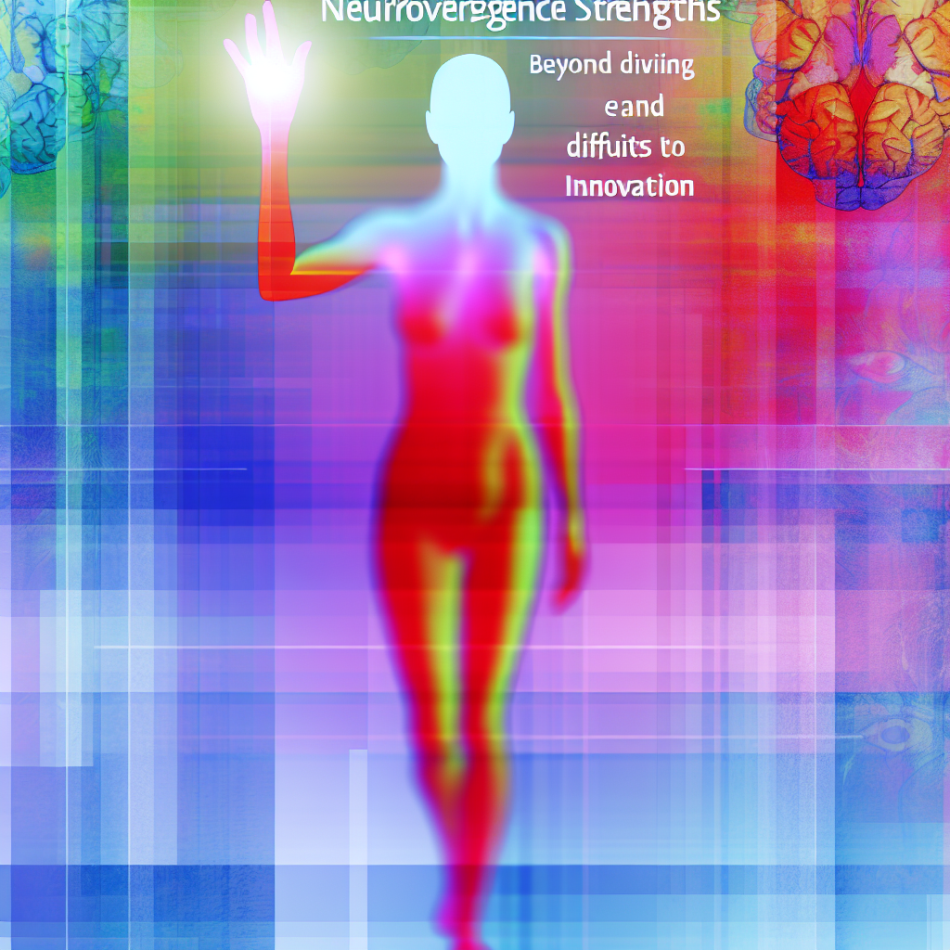Rethinking Neurodivergence: Celebrating Strengths Over Stereotypes
For too long, neurodivergence – which includes conditions like autism, ADHD, dyslexia, and others – has been framed through a lens of deficit. Yet focusing solely on challenges overlooks the unique strengths neurodivergent individuals bring to society. This article challenges the outdated narrative by exploring how cognitive differences foster innovation, creativity, and resilience, ultimately reshaping how we perceive and value diverse minds.
The Flawed Deficit Model: Why It Fails Neurodivergent Minds
Traditional approaches to neurodivergence often emphasise “symptoms” or “disorders,” framing differences as limitations. While support for challenges is crucial, this narrow view ignores the lived experiences of neurodivergent people, many of whom excel in pattern recognition, lateral thinking, or sustained focus. By fixating on deficits, we risk stifling potential and reinforcing harmful stereotypes that marginalise neurodivergent voices.
Research shows that neurodivergent traits can align with specific cognitive advantages. For example, dyslexic individuals frequently exhibit heightened spatial reasoning, while autistic people may demonstrate exceptional attention to detail. Recognising these strengths isn’t about romanticising neurodivergence but acknowledging the full spectrum of human cognition.
Cognitive Diversity: A Catalyst for Innovation
Neurodivergent minds often process information differently, leading to unconventional problem-solving approaches. In workplaces, teams with neurodivergent members are more likely to generate innovative solutions, as diverse thinking styles challenge groupthink. A 2020 study by Harvard Business Review found that companies actively embracing neurodiversity reported 30% higher productivity in roles requiring creativity and complex analysis.
Consider these real-world impacts:
- Tech industries increasingly value autistic professionals for their ability to detect software anomalies missed by neurotypical peers.
- ADHD-related hyperfocus has driven breakthroughs in fields requiring intense concentration, from scientific research to artistic endeavours.
- Dyslexic thinkers’ strong narrative reasoning makes them adept storytellers in marketing and design.
Harnessing Neurodivergent Strengths in Everyday Contexts
Neurodivergent strengths often emerge in environments that accommodate different working styles. For instance, flexible schedules can help ADHD individuals capitalise on peak productivity periods, while noise-reduced spaces allow autistic employees to leverage their deep focus. Schools adopting multisensory teaching methods report improved engagement from dyslexic students, nurturing their innate problem-solving skills rather than punishing “slow” reading.
Key to unlocking these strengths is moving beyond one-size-fits-all frameworks. Neurodivergent individuals frequently develop compensatory strategies that double as assets – like using visual thinking to simplify complex data or employing heightened empathy from years of social adaptation.
The Role of Hyperfocus and Specialised Interests
Often misunderstood as “obsessive,” the ability to hyperfocus is a hallmark of many neurodivergent profiles. When channelled into meaningful tasks, this intense concentration enables mastery of niche skills. Historical figures like Temple Grandin (autism) and Simone Biles (ADHD) attribute their success to this trait, which allows sustained practice and innovative thinking in their respective fields.
Similarly, specialised interests – common in autism – foster expertise that drives progress. A teenager passionate about climate patterns might develop novel environmental models, while a programmer with ADHD’s fascination with coding languages could lead to groundbreaking software solutions.
Empathy and Alternative Perspectives
Contrary to stereotypes, many neurodivergent individuals possess profound empathy, albeit expressed differently. Autistic people, for example, may struggle with social cues but demonstrate strong ethical reasoning or compassion for marginalised groups. Similarly, ADHDers’ rejection of societal norms often translates into advocacy for inclusive systems.
These perspectives enrich communities by:
- Challenging unconscious biases in policymaking
- Designing accessible products that benefit all users
- Spotting ethical dilemmas others overlook
Building Strength-Based Support Systems
Shifting from deficit-based to strength-based support requires systemic change. Educational reforms like Universal Design for Learning (UDL) adapt curricula to diverse thinking styles, while employers are adopting neurodiversity hiring programmes. Crucially, neurodivergent individuals must lead these conversations, ensuring their strengths are recognised without minimising the very real barriers they face.
Practical steps for fostering inclusion include:
- Providing sensory-friendly workspaces with adjustable lighting and quiet zones
- Offering flexible communication options (written vs verbal instructions)
- Recognising non-linear career paths as valid professional journeys
Conclusion: Towards a Balanced Understanding of Neurodivergence
Neurodivergence encompasses both challenges and remarkable strengths, from innovative problem-solving to resilience forged through adversity. By rejecting deficit-only narratives, we create space for neurodivergent individuals to thrive authentically. The path forward lies in building inclusive systems that celebrate cognitive diversity while providing tailored support – because when diverse minds collaborate, everyone benefits. It’s time to shift the conversation from “what’s wrong” to “what’s possible.”
